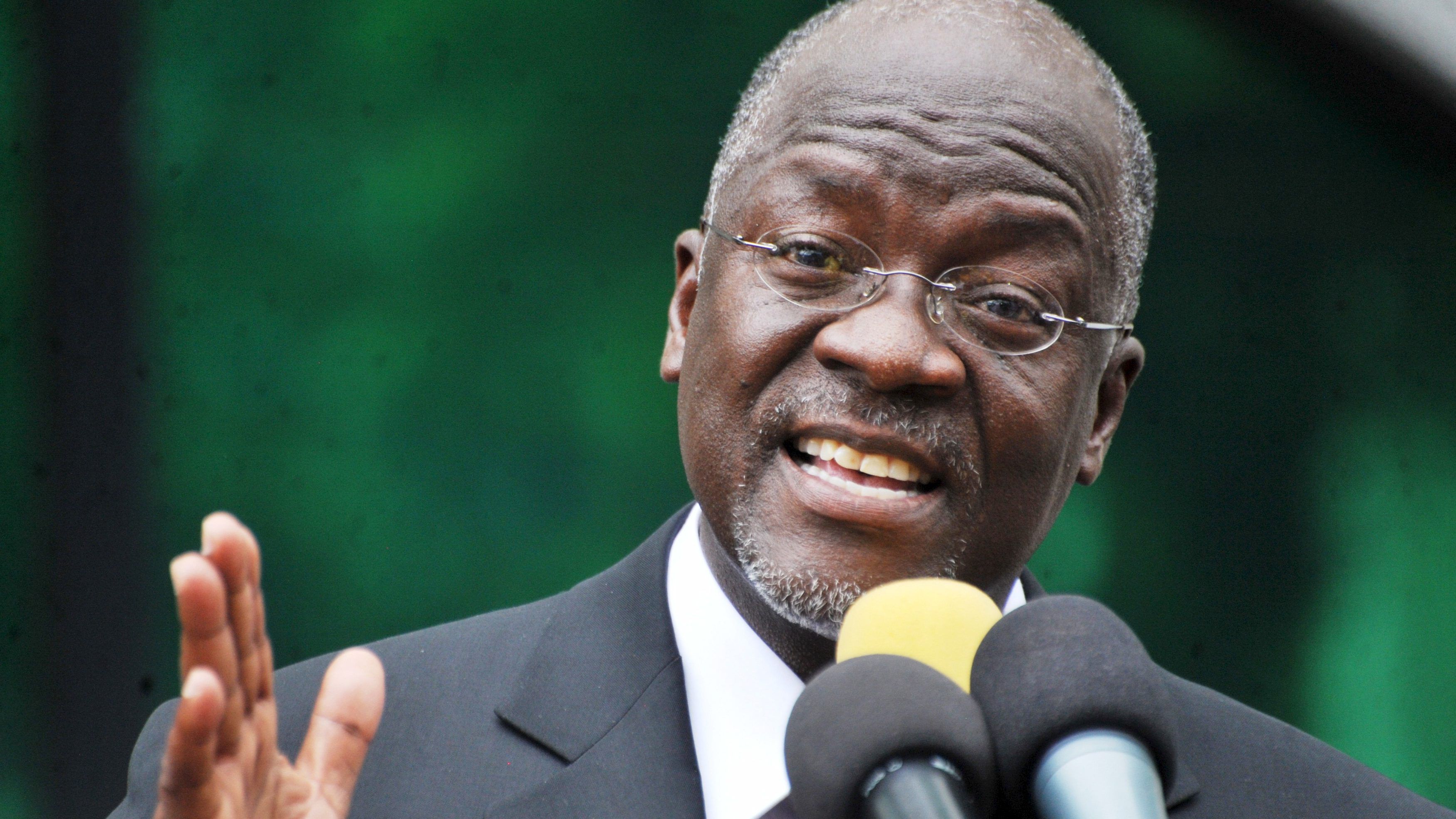Two foreign banking institutions have applied for licenses from Bank of Uganda, the regulator of Uganda’s banking sector to offer Islamic Banking products and services, Business Focus reports.
It is understood that many existing banks in Uganda are cautious about offering Islamic Banking products because this will affect their profitability.
Over a year after Islamic Banking regulations were put in place, only one operating bank (Tropical bank) has applied to offer Islamic Banking business.
Islamic Banking (IB) refers to a system of banking or banking activity that is consistent with the principles of the Shari’ah (Islamic rulings), and its practical application through the development of Islamic economics.
The core element of Islamic banking as opposed to the popular conventional banking is that commercial banks offer support to businesses at no interest rates. The basic ultimate goal for the parties in this trade is to equally share profits, losses, risks that accrue from the business.
Investments in arms, narcotics, alcohol and gambling among others are forbidden in Islamic banking.
Globally, Islamic Banking is growing at an average of 20% annually.
Speaking at the Bank of Uganda Iftar Dinner held at the Bank’s Gardens on May 31, 2019, Dr. Louis Kasekende (in featured photo), Deputy Governor, BoU said: “…I am now pleased to inform you all that we have since received one application from one of the existing commercial banks (Tropical Bank) in Uganda that is interested in opening up an Islamic finance window. “
He added: “In addition, two institutions – one institution incorporated in the United Arab Emirates and another institution that is incorporated in South Sudan, have submitted applications for Islamic Banking licenses. Our Supervision directorate is expeditiously processing these applications and I hope the applicants will meet all the requirements so that Islamic banking can finally take off in Uganda.”
He didn’t disclose the two financial institutions.
To further stimulate interest in the Islamic banking business, Kasekende explained that the Central Bank shall over the next few months embark on a concerted awareness campaign to sensitize stakeholders on the essential characteristics of this Islamic finance model and the attendant regulatory demands.
The Financial Institutions (Islamic Banking) Regulations permit the BoU to issue a license for operating Islamic Banking Business in Uganda, either as a fully-fledged Islamic Financial Institution or to open an Islamic banking window alongside the conventional banking business.
According to BoU, the capital requirements for Islamic Financial Institutions are the same as those of the conventional Financial Institutions. Currently, the minimum capital requirement for a bank in Uganda is Shs25bn.
Additionally, the conduct of Islamic banking business as provided for in the Financial Institutions (Amendment) Act, 2016 shall also be subject to all other existing Financial Institutions’ regulations and prudential requirements.
“.. the Board of Directors of each licensed financial institution are required to set up a Shariáh Advisory Board, comprising at least three members to be vetted by BoU, and their cardinal role is to ensure compliance with Shariáh rules,” BoU says.
Recently, Minister of Finance, Planning and Economic Development, Matia Kasaija said Islamic banking could be a good initiative for Ugandans who hope to borrow money.
According to Kasaija, Ugandans have been reluctant to borrow from banks due to the high interest rates charged by commercial banks.
Kasaija said following a bench mark they carried out in areas where Islamic banking is being implemented, the system is working efficiently and Uganda could use this too.






